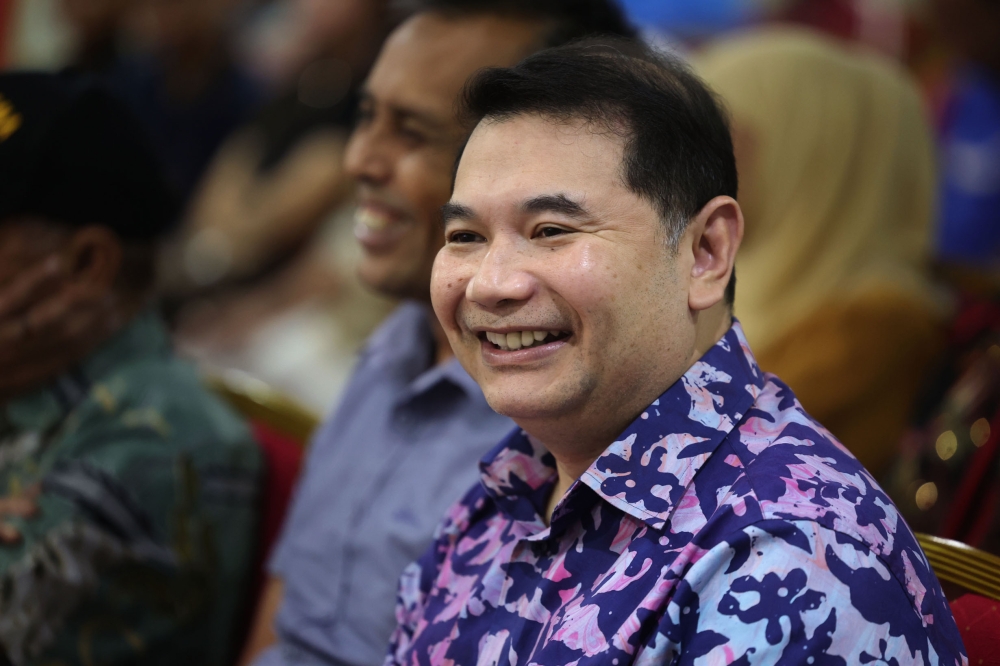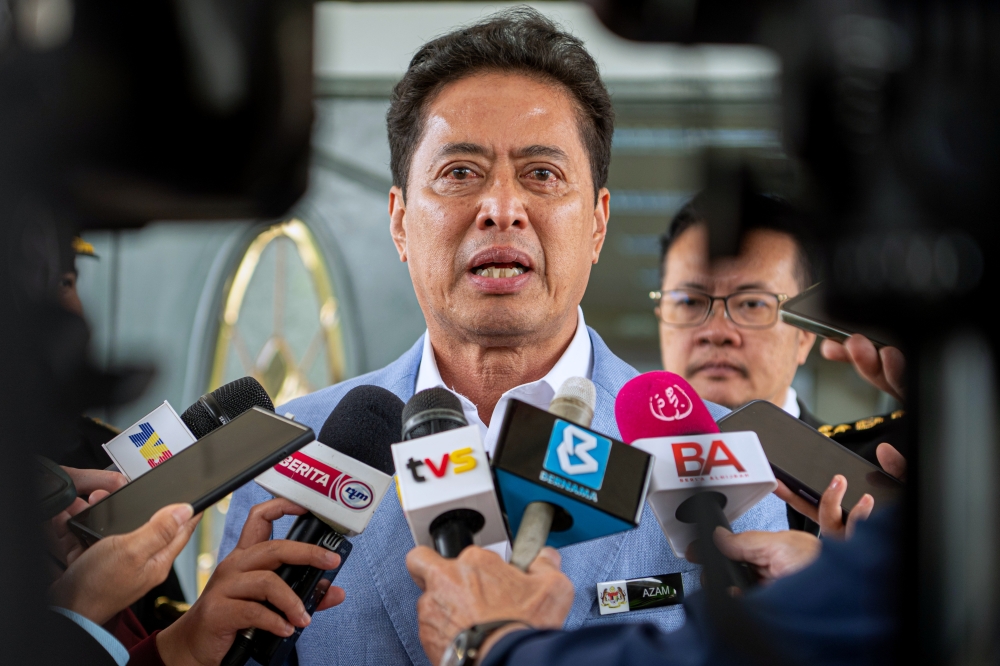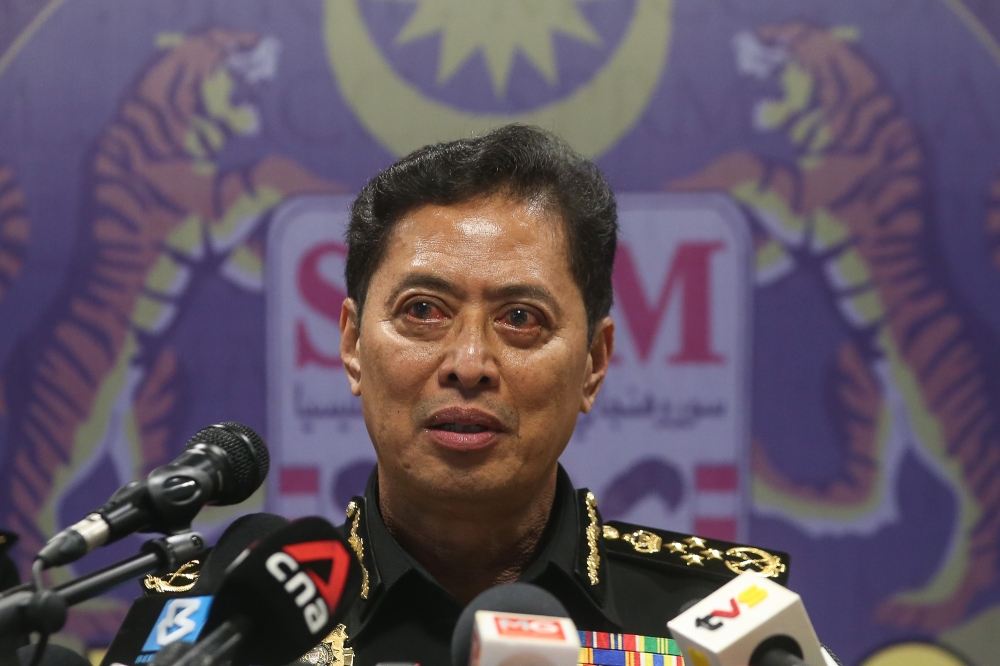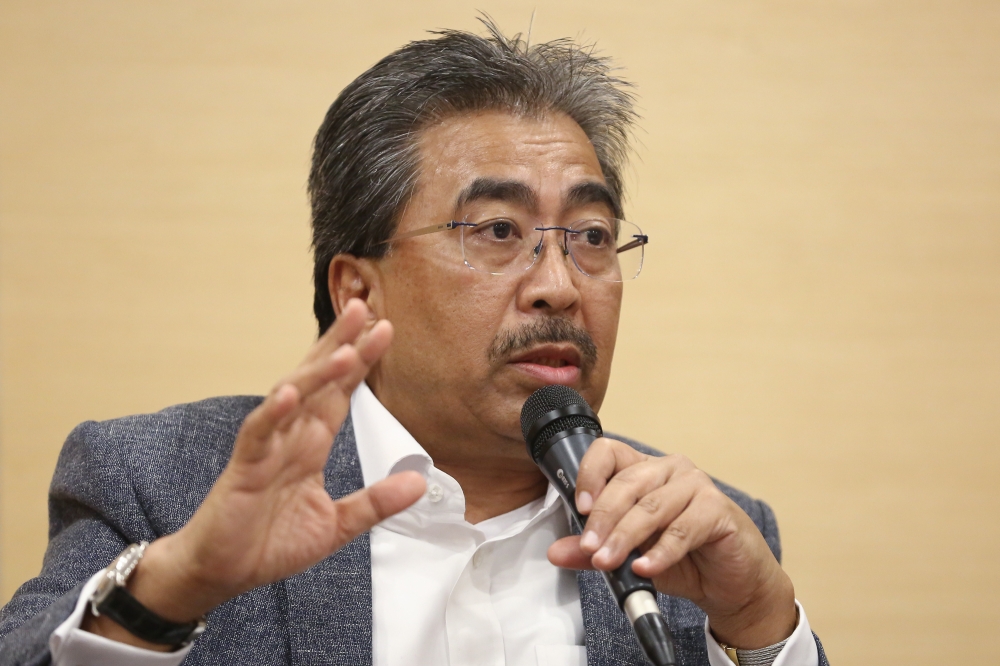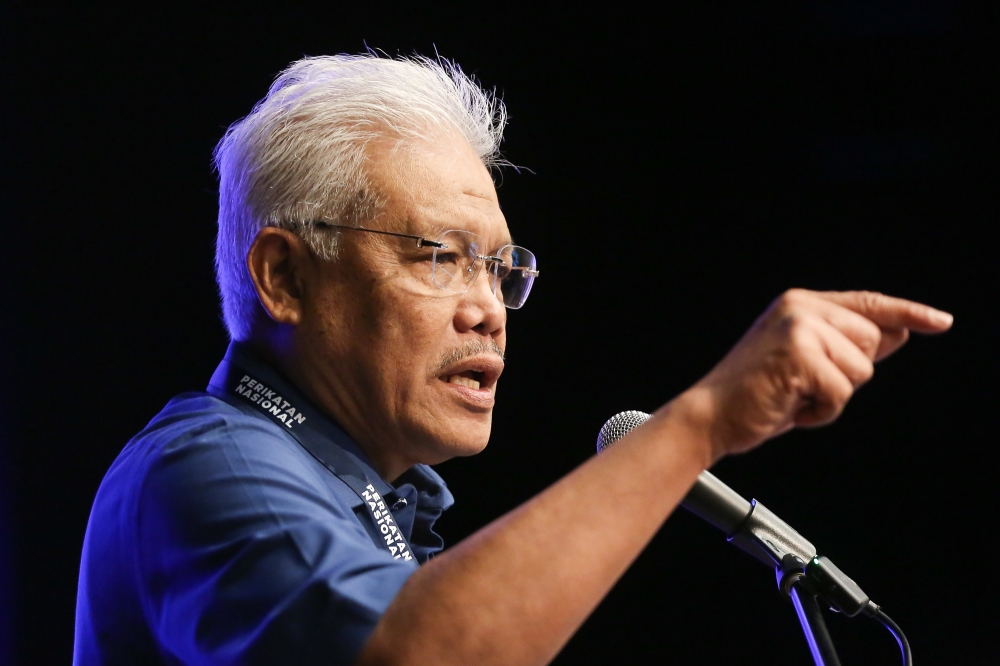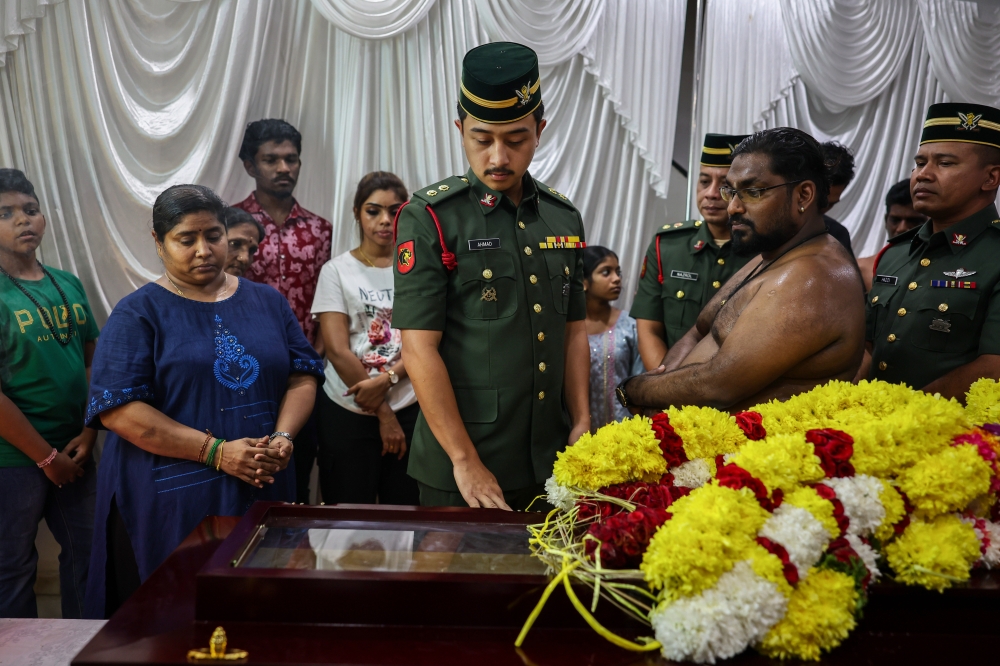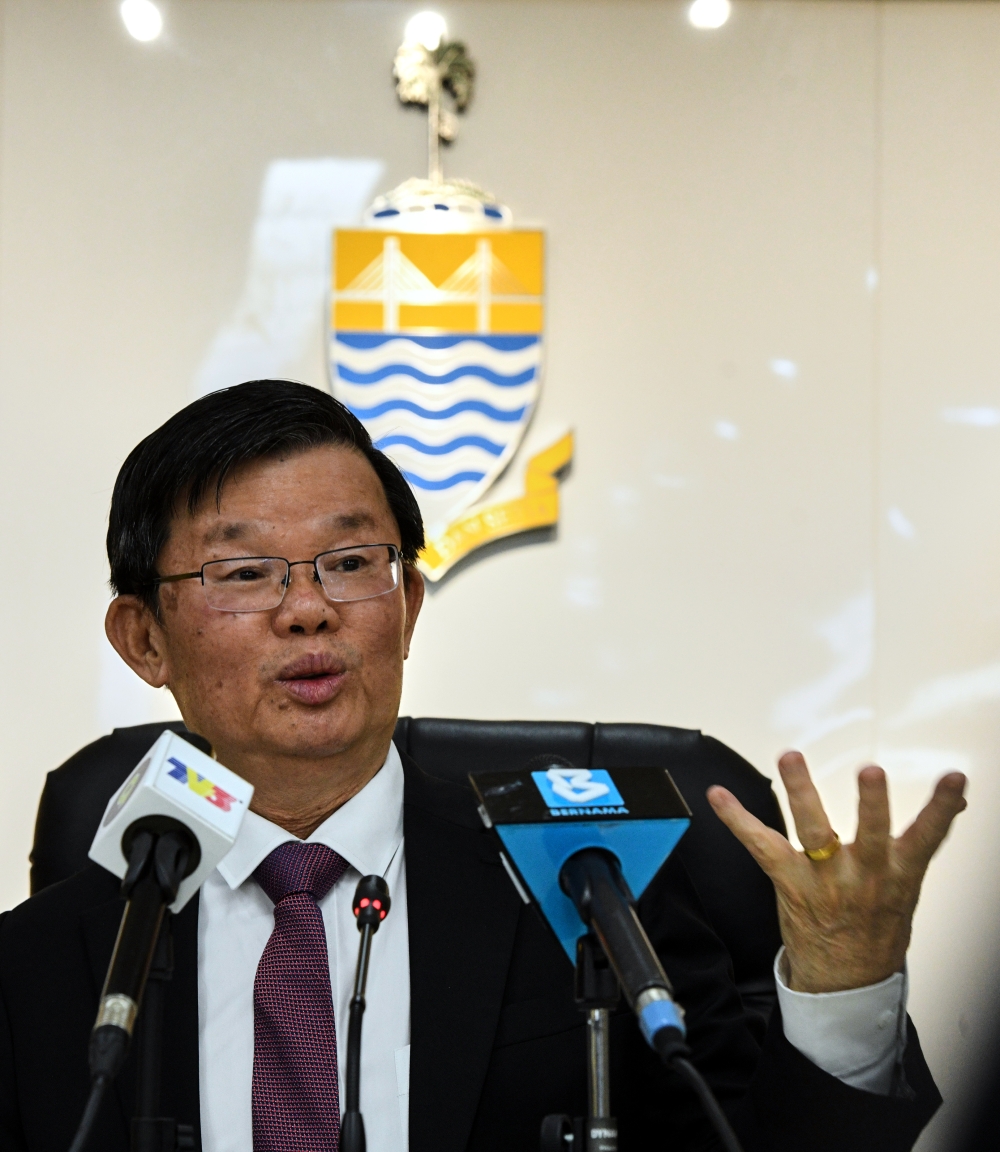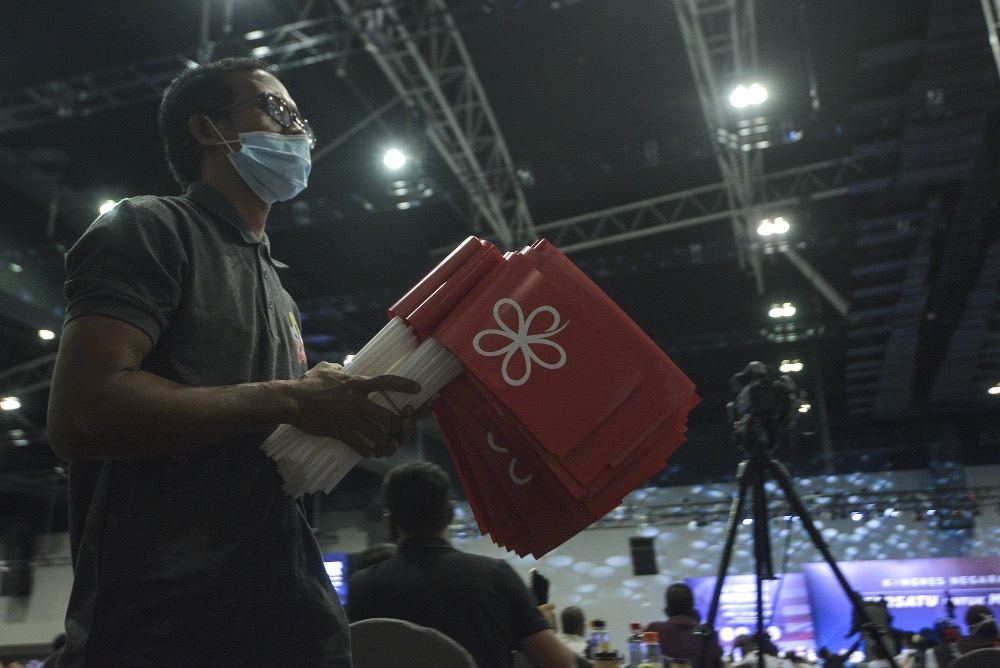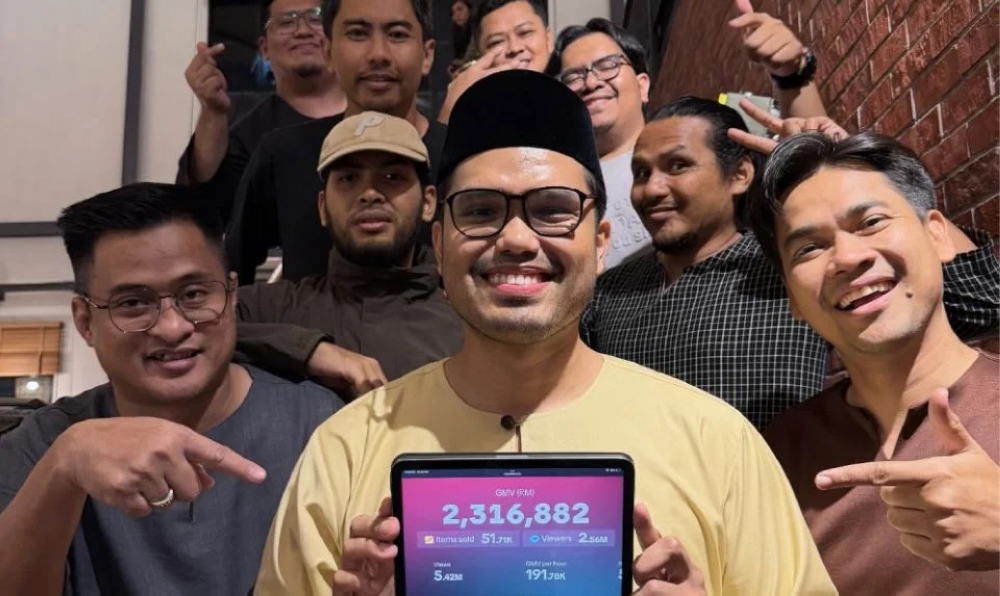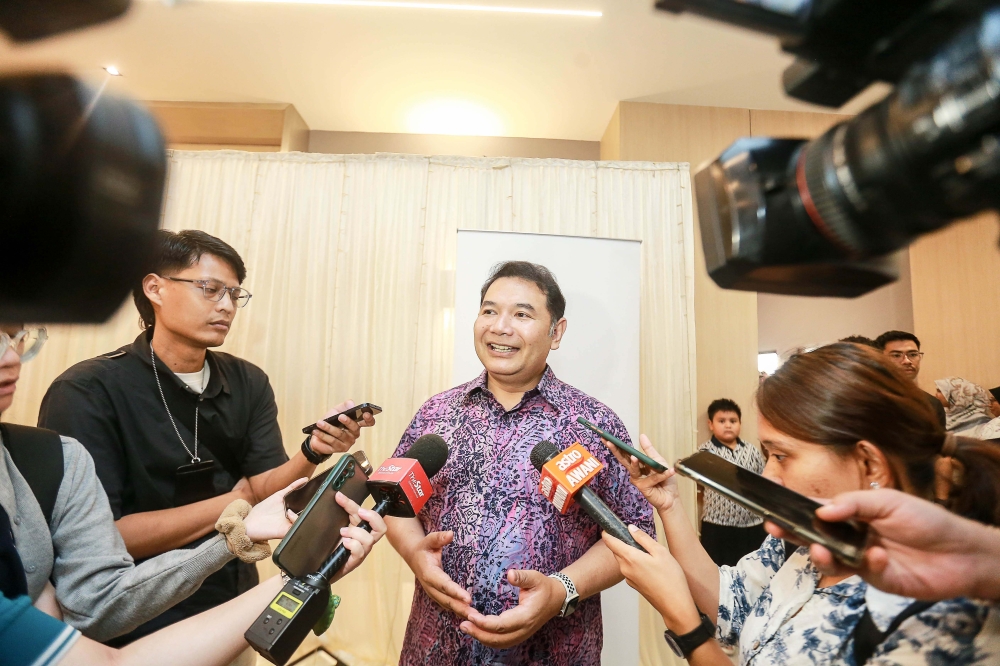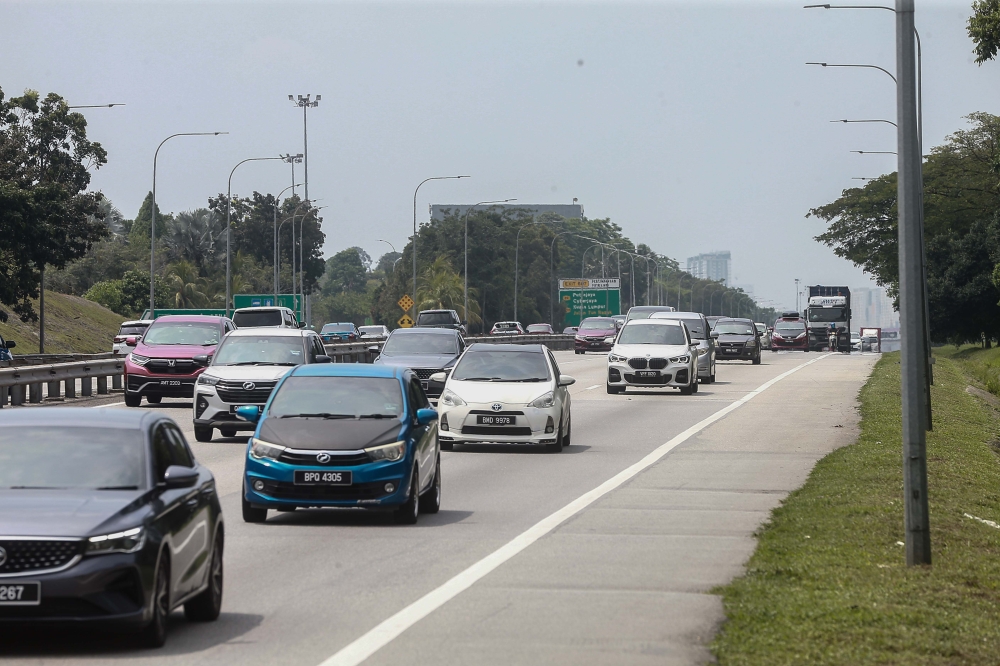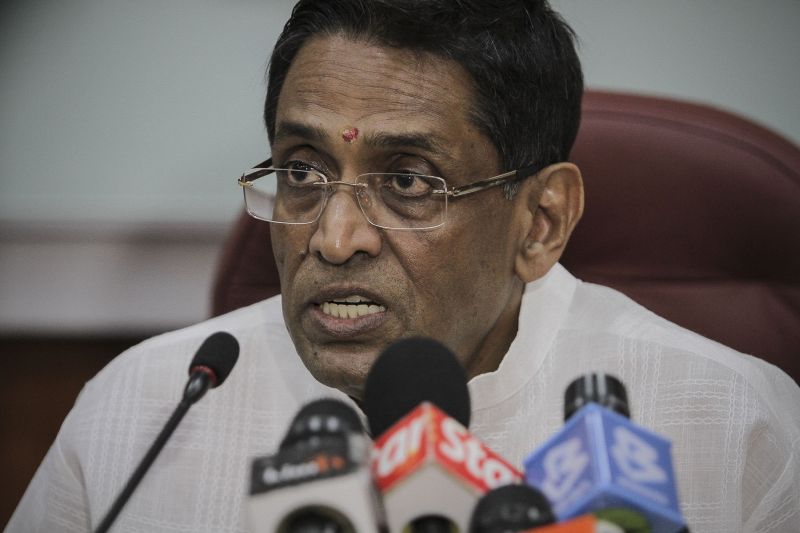KUALA LUMPUR, Sept 2 ― Former health minister Datuk Seri Dr S. Subramaniam has claimed that he had tried to resolve the decades-old problem faced by junior medical officers in the civil service back when the Barisan Nasional was in power, but failed due to opposition from another ministry.
In an interview with Malaysiakini published today, the former MIC president said the contract system was a temporary solution introduced in 2016 to reduce the red tape and clear the “huge backlog” of medical graduates waiting to serve their mandatory training in the government sector.
“There was a huge backlog, and it was building. So, the only way the Health Ministry could actually solve this was to find some way to create more posts.
“Contract posts could be created on-demand,” he told the news portal, without the need to involve the Public Service Department (PSD) in their employment.
“So, these contract posts were created to make sure this huge number of doctors who were coming into the system would be able to undergo mandatory training.”
Dr Subramaniam, who served as health minister from 2013 to 2018, said the contract doctor system was not meant to be a permanent system.
However, he said the policies “took a different direction” in implementation, resulting in the present day disparity between doctors hired as permanent staff and those on a contract basis, including their salaries and eligibility for postgraduate training programmes.
“That kind of discrimination was never [in the plan]. Even though we introduced the system, when the policies came to be implemented, they subsequently took a different direction,” he was quoted saying.
Dr Subramaniam claimed he tried to fix the root problem, which was an oversupply of medical graduates, by raising the academic qualification for their entry in medical schools which had proliferated by that time.
“All we needed was 3,000 people to go into medical school. We had an ample amount of people to choose from. Why don’t we increase the bar to 5As?” he was quoted saying.
According to Dr Subramaniam, the Higher Education Ministry rejected the idea.
Malaysiakini said he declined comment when pointedly asked if racial quotas were the reason for the status quo.
“They just did not want to allow for that [change]. So we landed up with this.
“So all those who can't go into a public medical school are able to get into a private medical school. And in private medical education, [you get in] so long as you meet the minimum 5Bs.
“Beyond that, it is dependent on who can pay and who cannot pay,” he was quoted saying.
However, Dr Subramaniam believes the new government under Prime Minister Datuk Seri Ismail Sabri Yaakob can end the ongoing problem.
He offered a two-pronged approach. One is to increase the number of permanent medical officer (MO) positions in the public sector and provide contracted staff an equal opportunity to pursue specialist studies.
“It can be solved by extending their contracts for a sufficient period of time by which doctors can commit themself to some specialisation which is possible within the system itself,” he was quoted saying.
For the long-run, Dr Subramaniam suggested fixing a university quota for medical undergraduates to address the supply and demand for doctors.
“We can relook at the number of places that are given to universities for undergraduates. We can reconcile the number of places according to the number of seats which we have for training. So, if we do that, I think we can fix the supply issue,” he was reported saying.
Dr Subramaniam said that once supply matches the needed demand, he sees no more need for the current contract system.
“The contract MO system was meant to solve the supply-demand issue.
“Once you have a demand that is higher or equivalent to supply, automatically the contract doctor system can cease,” he told Malaysiakini.
Contract doctors have been a hot button issue and came to the fore again in July when medical staff overworked due to the Covid-19 pandemic issued an ultimatum to the government to address their disparities.
News reports indicated that there were over 23,000 contract doctors in government service who have graduated since December 2016 and have not been automatically given permanent placement in the public sector.
On July 23, contract doctors nationwide carried out a strike by staging a walkout from the public facilities where they were working or shared pictures and videos on social media in which they held up placards with the words #HartalDoktorKontrak to demonstrate their discontent.


